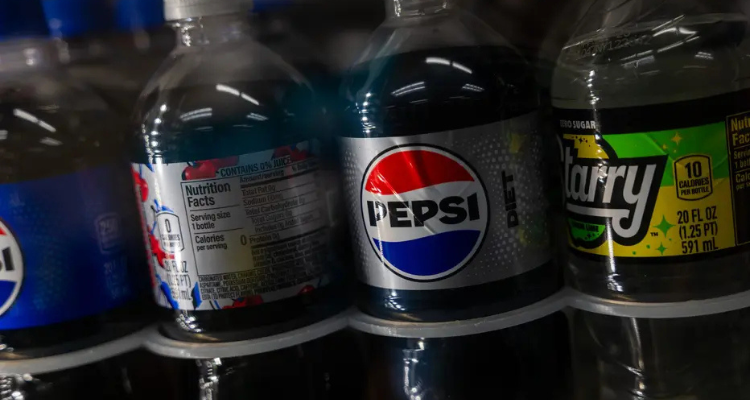States could restrict purchases of certain foods with food stamp benefits
The Secretary of Health, Robert F. Kennedy Jr., has taken a firm step in his campaign «Make America Healthy Again», encouraging states to request waivers that allow them to prohibit the use of SNAP benefits—the food stamp program—for the purchase of sodas and other processed products.
At an event in Martinsburg, West Virginia, Kennedy emphasized the need to reform the food assistance system to prevent federal funds from subsidizing products he considers harmful to health. «If there is one thing we can all agree on, it should be eliminating taxpayer-funded soda subsidies for low-income children», he stated on the social network X.
What is happening with SNAP and product restrictions?
- Ongoing legislation: Several states and lawmakers in Congress have introduced proposals to restrict products covered by SNAP, including sodas, candy, and other processed foods.
- Government support: The Secretary of Agriculture, Brooke Rollins, has shown openness to granting state waivers, which could pave the way for future restrictions.
- West Virginia’s example: The state became the first to ban certain artificial food colorings in school meals, a measure that could be the first step toward more regulations on child nutrition.
The debate: public health vs. beneficiaries’ autonomy
Representative Josh Breechan (R-Oklahoma), who introduced the Healthy SNAP Act, argued: «If someone wants to buy junk food with their own money, that’s their decision. But don’t ask the taxpayer to pay for it and then expect them to cover the health consequences as well».
On the other hand, food rights advocates warn that these restrictions could be a hidden way to cut benefits and further stigmatize SNAP recipients. Gina Plata-Nino, from the Food Research & Action Center, stated: «The question is: how can we restrict people even more? How can we stigmatize them further?».
Is a transformation coming for SNAP?
Historically, proposals to ban specific products within SNAP have been rejected by both Republican and Democratic administrations. The Department of Agriculture (USDA) has argued that establishing restrictions would be costly, difficult to enforce, and ineffective in improving nutrition.
However, with Kennedy’s support and growing state momentum, the possibility of sodas and other products being removed from SNAP seems more real than ever. Could this be the beginning of a major reform in how the United States handles food assistance?
